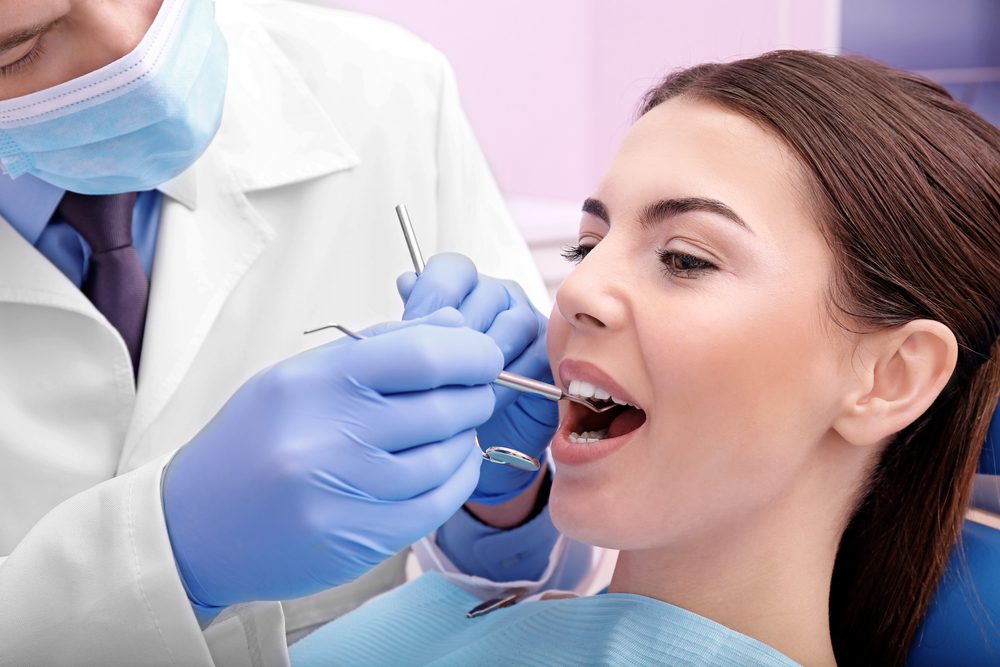Posted on April 2, 2023

Dental emergencies can happen to anyone, anywhere, and at any time. Whether it’s a toothache, a broken tooth, or a lost filling, it can be a daunting and painful experience. Do you know what to do in a dental emergency?
Many people think that dental emergencies are rare and not something to worry about. Unfortunately, these emergencies can occur unexpectedly, and you need to be prepared to handle them correctly.
Knowing how to handle a dental emergency can make all the difference when it comes to saving your teeth and relieving your pain. In this article, we will provide you with tips and advice on what to do when faced with a dental emergency, so you can feel confident in your ability to manage the situation effectively.
Dental emergencies can happen unexpectedly and can be very stressful to deal with. Whether it’s a sudden toothache, a broken tooth, or a knocked-out tooth, it’s important to know what to do in a dental emergency to minimize the damage and prevent further complications. Here are quick tips and advice on what to do in a dental emergency.
Dental emergencies can happen at any time, and being prepared can make all the difference. One important tip is to have the contact information of your dentist readily available. Another tip is to have a basic first aid kit on hand in case of a dental injury or pain.
This kit should include pain relievers, gauze, and a small container with a lid for storing any broken teeth or fillings. Knowing basic first aid techniques for dental emergencies, such as how to stop bleeding or how to temporarily replace a missing filling, can also be helpful.
One of the crucial steps in any dental emergency is to call your dentist right away. Your dentist is the best person to provide you with proper treatment, diagnose the issue, and offer advice on how to manage the situation until you can visit their office.
They have the tools and expertise to handle various dental emergencies, such as toothaches, knocked-out teeth, cracked or broken teeth, and other related issues. In brief, if you experience any dental emergencies, don’t hesitate to call your dentist, act fast, and follow their advice to prevent further damage.
Some common dental emergencies include a broken tooth, severe toothache, or a knocked-out tooth. In these situations, it’s important to know what to do in the meantime before you can see a dentist.
Some tips can include rinsing your mouth with warm saltwater, applying a cold compress to reduce swelling, and taking over-the-counter pain medication if necessary.
A dental emergency can be a stressful and painful experience. It is important to be prepared and know what to bring with you to the dentist.
Being prepared with these items can help to make the emergency dental visit go more smoothly.
 In case of a dental emergency, it is important to attend your emergency dental appointment as soon as possible. This is because delaying or ignoring a dental emergency can lead to severe pain and permanent damage.
In case of a dental emergency, it is important to attend your emergency dental appointment as soon as possible. This is because delaying or ignoring a dental emergency can lead to severe pain and permanent damage.
Emergency dental appointments are specifically designed to provide immediate care and treatment to handle situations such as a broken or cracked tooth, severe toothache, or injury to the mouth. Not attending your emergency appointment can put your dental health and overall well-being at risk.
You can take painkillers to help alleviate the pain or apply a cold pack to the affected area to reduce inflammation. You can also rinse your mouth with warm salt water to help soothe the gums and reduce bacteria.
If you experience a broken tooth or dental restoration, it is important to stay calm and act quickly to ensure the best possible outcome.
One of the most important tips is to save any broken pieces or restorations. This can assist your dentist in determining the best course of treatment and may even allow for a damaged tooth to be repaired instead of extracted.
There are several ways to treat swelling in cases of dental emergencies.
When faced with a dental emergency, one of the first things you can do to manage the situation is to clean the affected area. This applies to cases such as a knocked-out tooth, a chipped tooth, or a gum injury. Use warm water to rinse your mouth, and gently clean the affected area using a soft toothbrush.
Avoid using toothpaste or any abrasive substance that may cause further damage. If there is bleeding, use a clean cloth or gauze to apply gentle pressure to the area. Cleaning the affected area can help prevent infection and promote healing until you can receive professional dental care.
Dental emergencies can happen at any time, and it’s important to know how to handle them. Whether it’s a broken tooth, a swollen gum, or a severe toothache, knowing what to do can help ease the pain and prevent further damage.
Dental emergencies can be scary, but if you know what to do, you can handle them with confidence. Remember to stay calm, assess the situation, and seek professional help as soon as possible.
By following these tips, you can ease the pain and prevent further damage to your teeth and gums. Contact Smilebliss for more information!